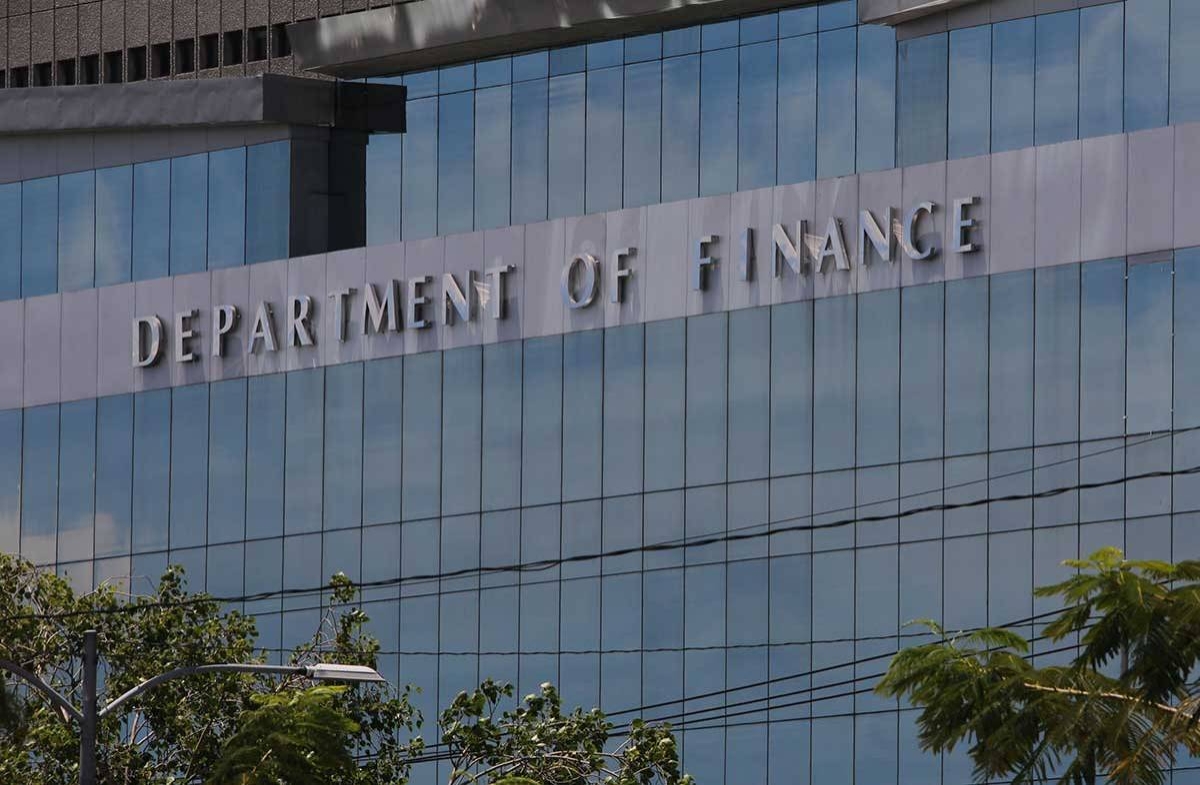
THE Department of Finance (DoF) is set to undertake pipeline projects worth around $1.5 billion in collaboration with the Japan International Cooperation Agency (JICA) for this year to 2025.
These initiatives would prioritize maritime safety, road infrastructure enhancements, and flood risk management.
The partnership was discussed during a meeting held on April 18, 2024, at the JICA Office in Washington, D.C., between Finance Undersecretary Joven Balbosa and JICA's Director General Yuho Hayakawa.
Expanding on this partnership, the DoF and JICA explored plans to implement committed funding of projects amounting to approximately $1.5 billion from April 1, 2024, to March 31, 2025.
Additionally, discussions involved establishing an annual average commitment of about $1.6 billion over the next five years, spanning from 2023 to 2027.
Balbosa emphasized the strong partnership between the government and JICA, recognizing Japan as the largest provider of official development assistance (ODA) to the country with net commitments totaling $12.30 billion as of December 2023, comprising 32.82 percent of the total ODA.
Apart from its usual infrastructure projects, JICA mentioned that it is broadening its focus to sectors aligned with the goals of the current administration, like agriculture, education and health.
It also aims to increase its policy-based lending, planning to co-finance the Climate Change Action Program (CCAP), Subprogram 2 with the Asian Development Bank and Agence Française de Développement.
"The CCAP will support the Philippines in implementing its national climate policies, including its Nationally Determined Contribution," the DoF said.
"The program will intensify efforts to transform key sectors toward a climate-resilient and low-carbon economy," it added.
Both agencies also had detailed talks on project implementation issues, pledging to keep communication open and address delays to improve project management and reduce government costs.
Furthermore, the DoF sought JICA's support in attracting more private sector investment to support the country's development goals as it moves toward becoming an upper-middle income country, shifting away from concessional financing gradually.
Read The Rest at :



